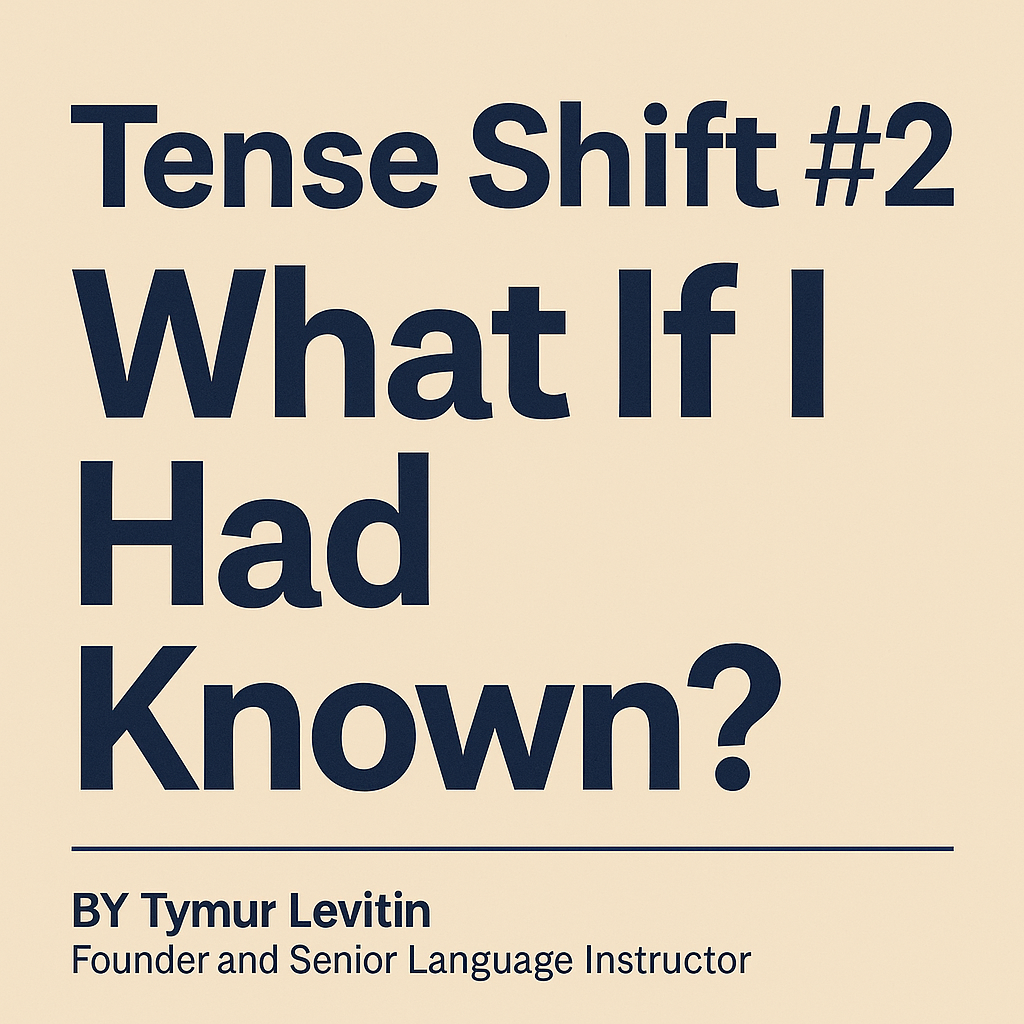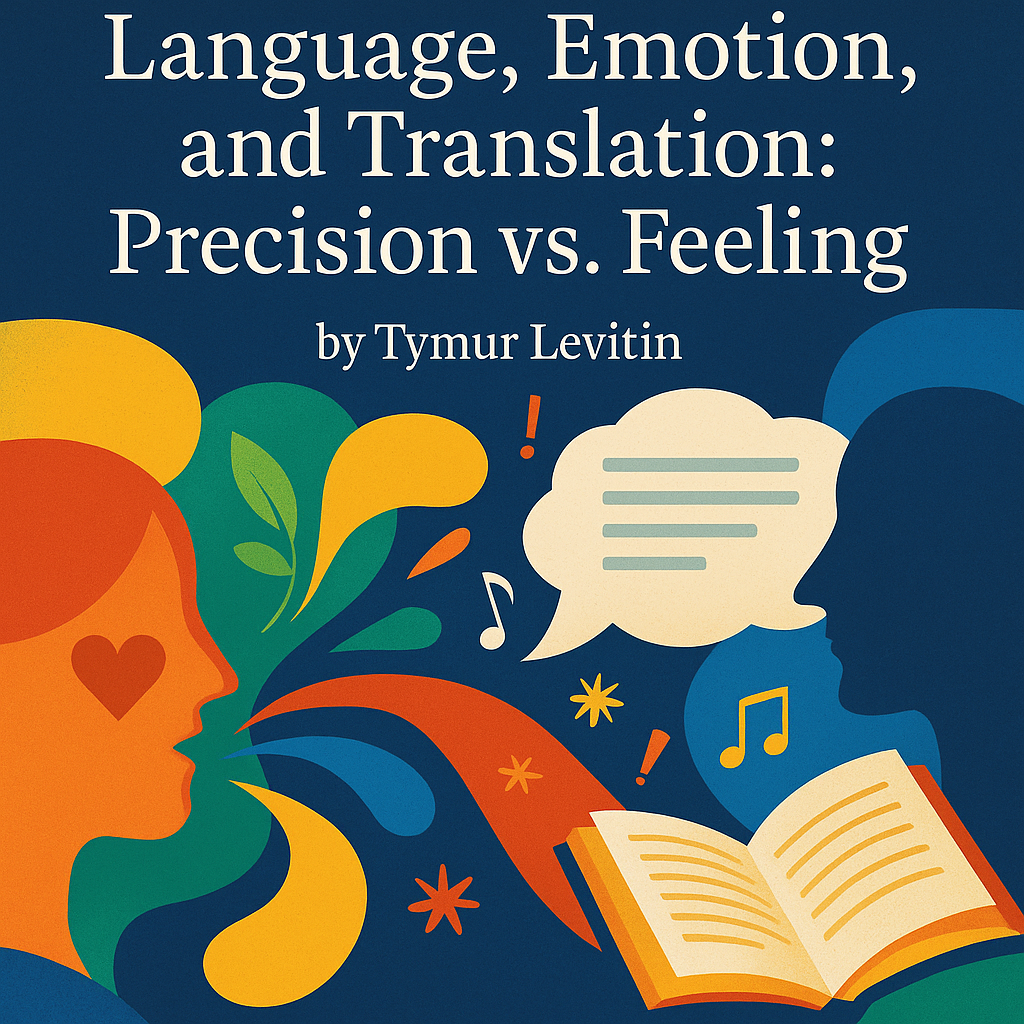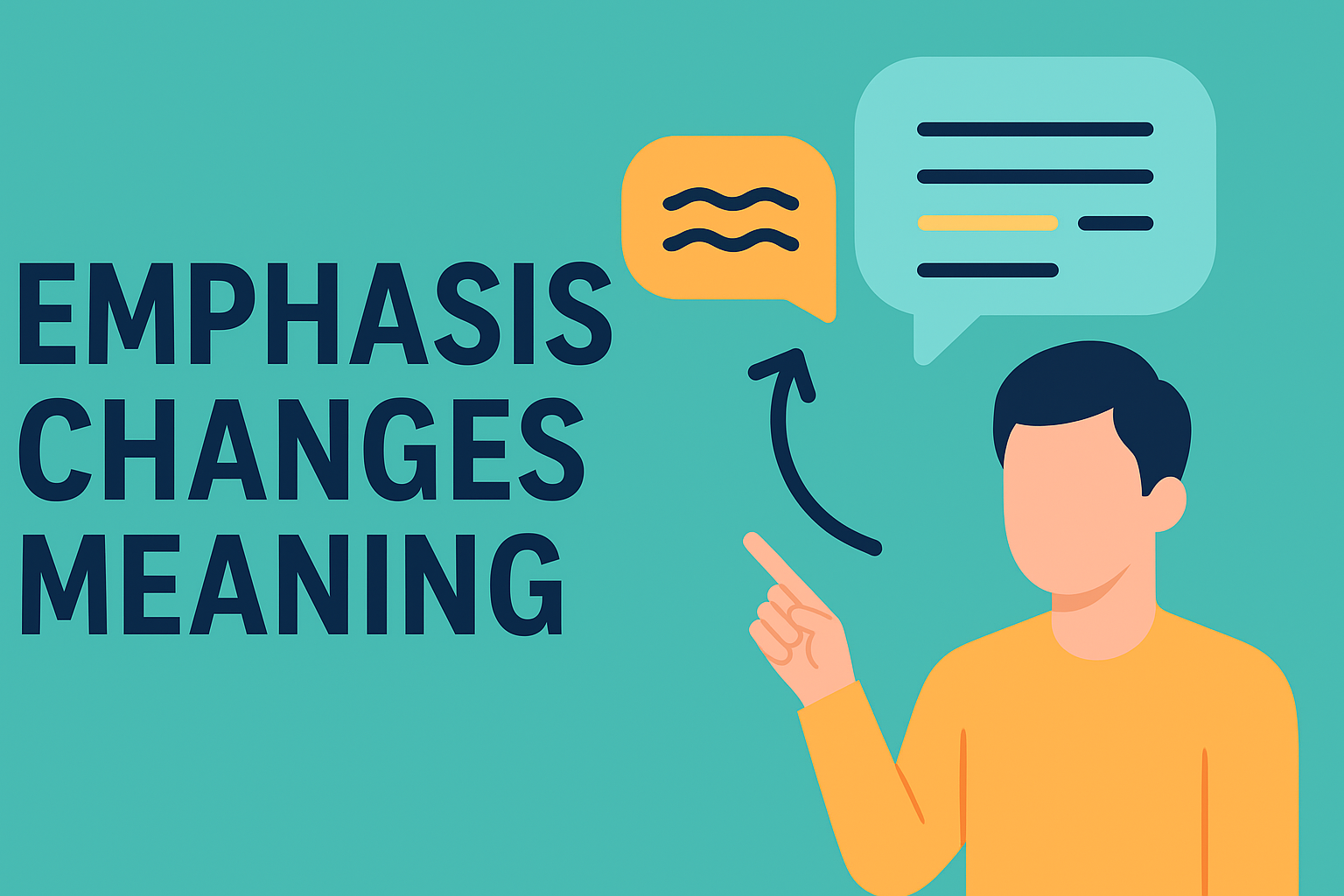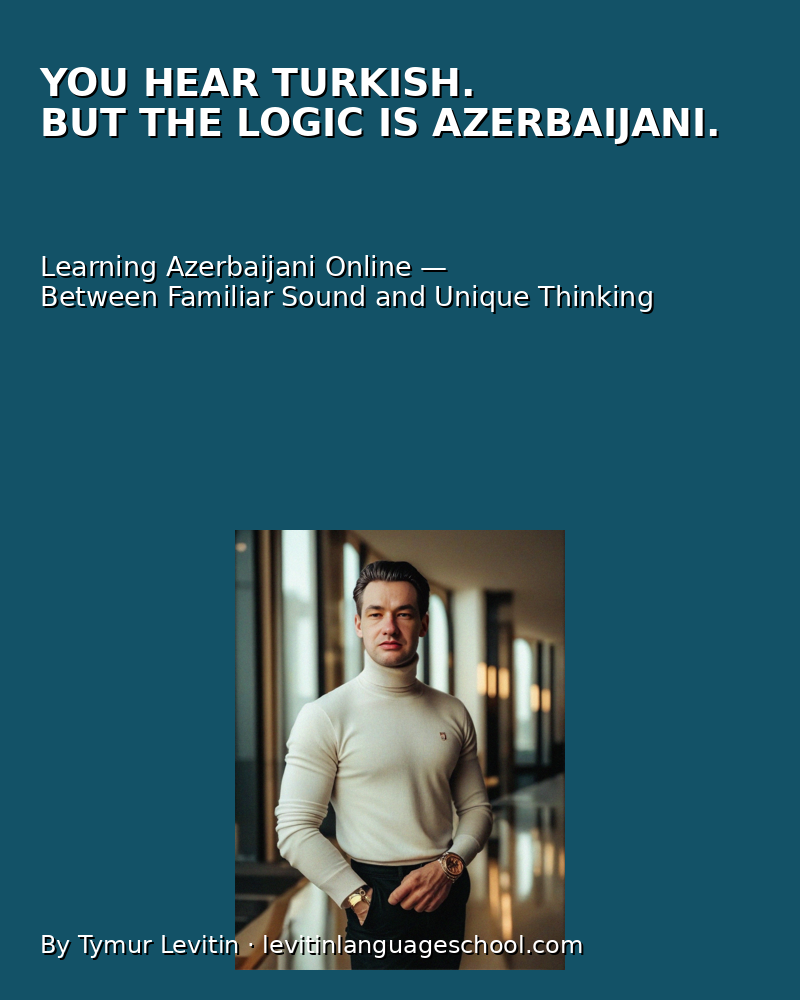Before diving into the mechanics of word order, it’s important to remember this: German is not only about rules — it’s about rhythm and intention. And nowhere is this more visible than in the way emphasis transforms meaning.
Why Word Order Reflects Intention
German is known for its relatively rigid sentence structure. In main clauses, the verb usually takes the second position. But what many learners overlook is that the element placed before the verb is the element being emphasized. This simple rule can turn a sentence into a stage, and every word that takes the spotlight carries new meaning.
The German Sentence as a Stage
Imagine every German sentence as a theatrical performance. The first position — before the verb — is the role of the main actor. It’s where attention goes. Native speakers instinctively place the most important idea here. That could be the time, the place, the person, or the object — depending on what you want to stress.
Example:
- Heute kaufe ich das Buch. (Today, I am buying the book.)
- Das Buch kaufe ich heute. (It’s the book I’m buying today.)
- Ich kaufe das Buch heute. (Neutral emphasis, often the default order.)
Each version is grammatically correct. But the focus — and thus the intention — is different.
Changing the Spotlight
When students ask: “Why is there so much freedom if the rules are strict?” — the answer lies in meaningful variation. You’re not just moving pieces; you’re changing what the audience sees first. And that matters.
Let’s say you want to sound polite, curious, annoyed, enthusiastic, or formal — the same words in different order will serve your intention.
Real-Life Examples — One Sentence, Many Meanings
Let’s take one core sentence:
Ich habe das Auto gestern gesehen. (I saw the car yesterday.)
Now shift the pieces:
- Das Auto habe ich gestern gesehen. → It’s the car, not something else.
- Gestern habe ich das Auto gesehen. → It happened yesterday, not today.
- Ich habe gestern das Auto gesehen. → A more neutral, narrative tone.
Each variant gives a different mental picture to the listener. That’s the power of emphasis.
What to Teach and How
Many textbooks focus on structure. But teaching meaning through emphasis helps students sound more natural — and more intentional. It allows them to take ownership of what they say.
In our lessons at Szkoła językowa Levitin, we encourage students not just to memorize rules, but to ask:
- What do I want to show first?
- What do I want the listener to feel or notice?
This mindset changes everything.
🔗 Related reading from our blog
→ Dlaczego czasownik jest zawsze w drugiej pozycji w języku niemieckim? → Why German Word Order Isn’t Just About Rules
























